Health & Medicine
-
 Health & Medicine
Health & MedicineDoula care may lead to fewer C-sections or preterm births
A new study comparing the health outcomes of Medicaid patients with and without a doula suggests the extra support during pregnancy may be beneficial.
-
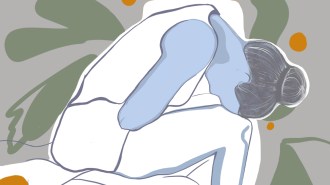 Health & Medicine
Health & Medicine50 years ago, chronic pain mystified scientists
Chronic pain has puzzled scientists for decades, but diagnoses and treatments have come a long way.
By Aina Abell -
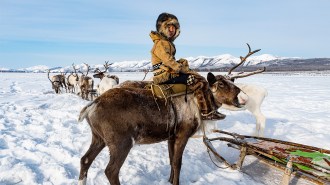 Psychology
PsychologyNavigation research often excludes the environment. That’s starting to change
Participants “navigating” on a lab computer have shaped navigation knowledge. Studies that add in the environment challenge those findings.
By Sujata Gupta -
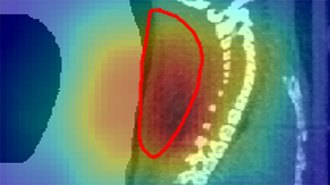 Physics
PhysicsRadioactive beams give a real-time view of cancer treatment in mice
This first successful treatment of tumors with radioactive ion beams could one day lead to treating human patients’ tumors with millimeter precision.
-
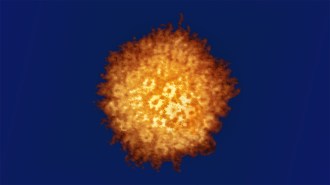 Health & Medicine
Health & MedicineA viral gene drive could offer a new approach to fighting herpes
A new gene drive can copy and paste itself into the genomes of herpes simplex viruses in mice. The end goal is a version that disables the virus in humans.
By Meghan Rosen -
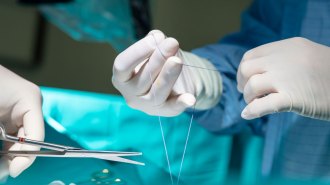 Health & Medicine
Health & MedicineNew electrical stitches use muscle movement to speed up healing
In rats, the sutures hastened recovery and reduced the risk of infection.
-
 Health & Medicine
Health & MedicineBlood pressure may read falsely high if the arm isn’t positioned properly
A clinical trial found blood pressure readings were higher with the arm on the lap or along the side, compared with supported at heart height.
-
 Genetics
GeneticsThe discovery of microRNA wins the 2024 physiology Nobel Prize
Victor Ambros and Gary Ruvkun found a new principle of gene regulation essential for all multicellular organisms.
By Tina Hesman Saey and Sophie Hartley -
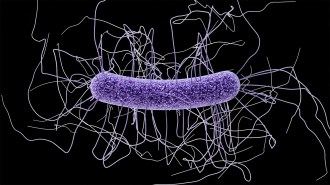 Health & Medicine
Health & MedicineAn mRNA vaccine protected mice against deadly intestinal C. difficile bacteria
An mRNA vaccine that targets several aspects of C. difficile’s ability to cause severe disease prevented major symptoms and death in mice.
-
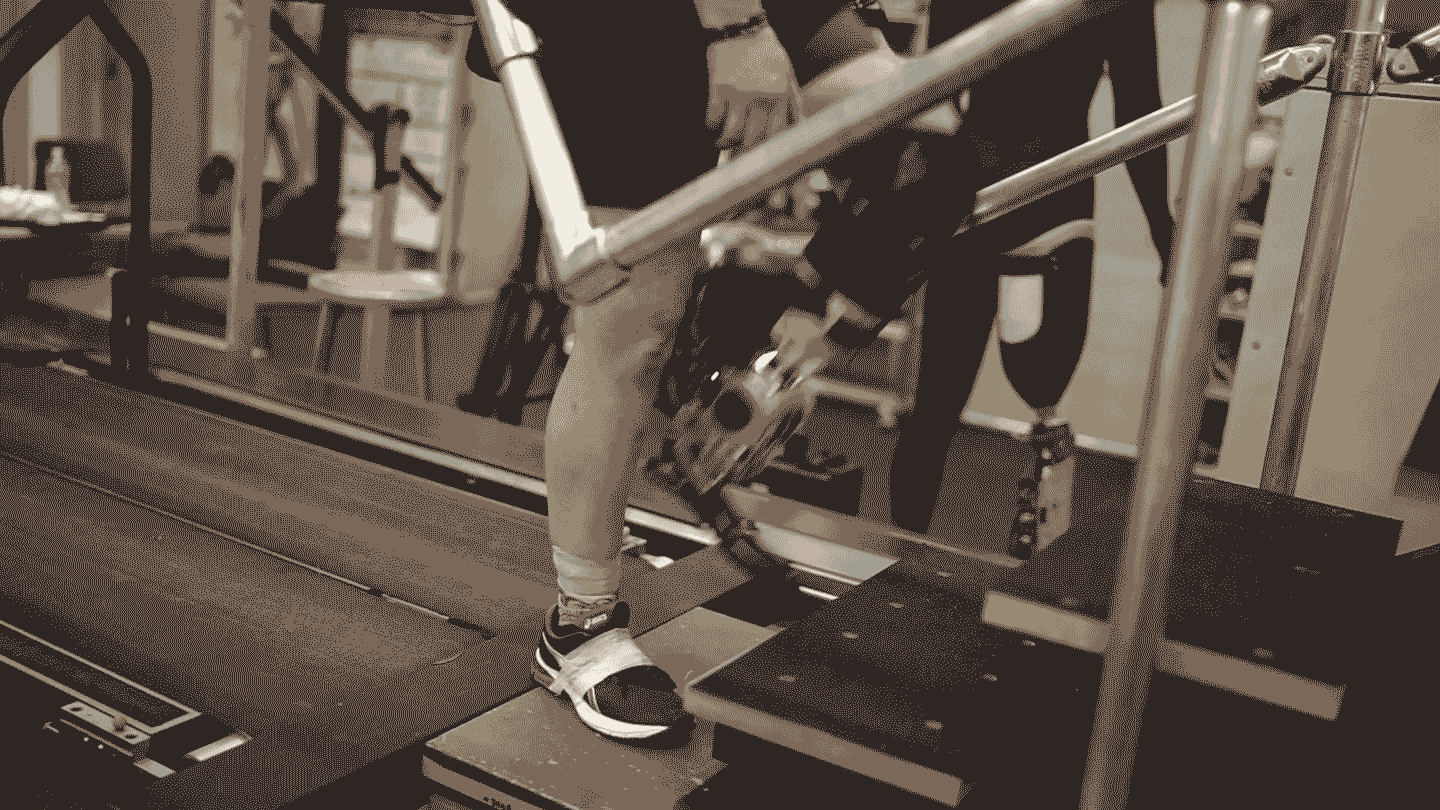 Health & Medicine
Health & MedicineBrain-controlled bionic limbs are inching closer to reality
Bionics engineers typically view biology as something to be worked around. “Anatomics” engineers the body to be part of the system.
By Simon Makin -
 Health & Medicine
Health & MedicineA hurricane’s aftermath may spur up to 11,000 deaths
Hurricanes like Helene may indirectly cause deaths for years. Stress, pollution and a loss of infrastructure could all contribute to tropical cyclone fatalities.
By Meghan Rosen -
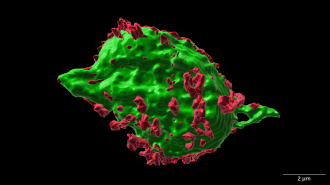 Neuroscience
NeuroscienceA study in mice hints at a new way to treat spinal cord injuries
The finding suggests that a drug to ease swelling can speed recovery and stop cell death.